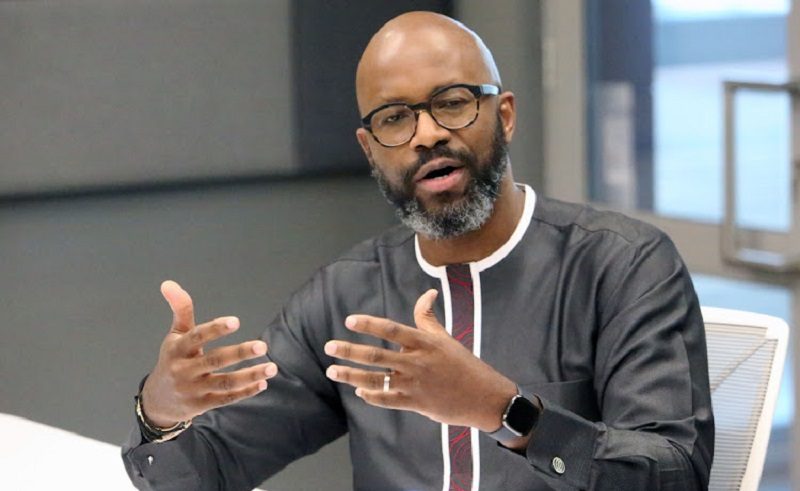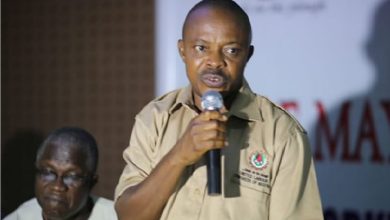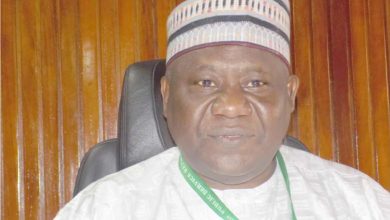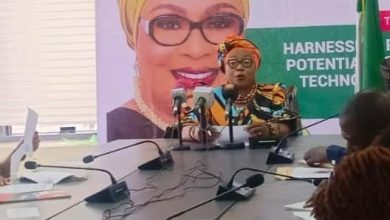Africa Must Embrace Inclusive Artificial Intelligence Now, MTN CEO Warns
MTN Group CEO Ralph Mupita has urged African countries to fast-track artificial intelligence adoption to avoid a growing digital divide.
He warned that delay could create a “digital underclass” and hinder inclusive economic growth.
MTN Group Chief Executive Officer, Ralph Mupita, has urged African nations to accelerate the adoption of artificial intelligence (AI) to prevent a widening digital gap and ensure inclusive growth across the continent.

Speaking at the Kgalema Motlanthe Foundation Inclusive Growth Forum, Mupita said Africa must act swiftly to integrate AI into its social and economic systems or risk creating what he described as a “digital underclass.”
“We must be obsessed and paranoid about not being left behind,” he said in remarks shared on MTN’s website.
Mupita outlined six critical areas where Africa must take immediate action to benefit from AI-driven transformation.
He identified reliable electricity supply as the first priority, noting that economic growth and digital development depend heavily on energy availability. Citing data from the International Energy Agency, he said Africa’s energy and climate goals will require more than $200 billion in annual investments by 2030.
The second priority, he said, is digital infrastructure, pointing out that the continent currently holds less than two percent of global data centre capacity. The International Telecommunication Union estimates that about $96 billion will be needed by 2030 to bridge this infrastructure gap. Mupita added that investment should extend beyond undersea cables and fibre optics to include facilities that can support AI systems.
He also called for the development of large African language models, noting that Africa’s linguistic diversity is poorly represented in global AI systems. Out of more than 2,000 African languages, fewer than two percent are supported by mainstream language models.
Highlighting the Nigerian Atlas for Languages and AI at Scale, an open-source multilingual AI model, he said such initiatives are essential to ensure AI reflects African contexts and voices.
Mupita further stressed the urgent need to build digital and AI-related skills, especially among young Africans, who are projected to make up the world’s largest workforce by 2050. He said digital empowerment would be key to creating over 230 million new technology-related jobs across sub-Saharan Africa by 2030.
“We must ensure that the number of new and augmented jobs exceeds those displaced by technology, particularly for the youth,” he said.
The MTN boss also encouraged African governments and private investors to integrate AI into critical sectors like healthcare, agriculture, and education. Combining traditional AI with generative AI, he noted, could help unlock vast economic and social opportunities.
Finally, Mupita emphasized that partnerships between governments, businesses, and civil society are vital to developing sustainable AI ecosystems. He called for collaboration on policy formulation, data governance, and skill-building to ensure that Africa becomes a creator, not just a consumer, of emerging technologies.
“Turning Africa into a creator, not just a consumer, of AI requires immediate action and collective effort,” Mupita said.



